A Statement from ABWM Interim Executive Director on the failure of the Southern Baptist Convention’s Law Amendment
Thursday, June 13, 2024
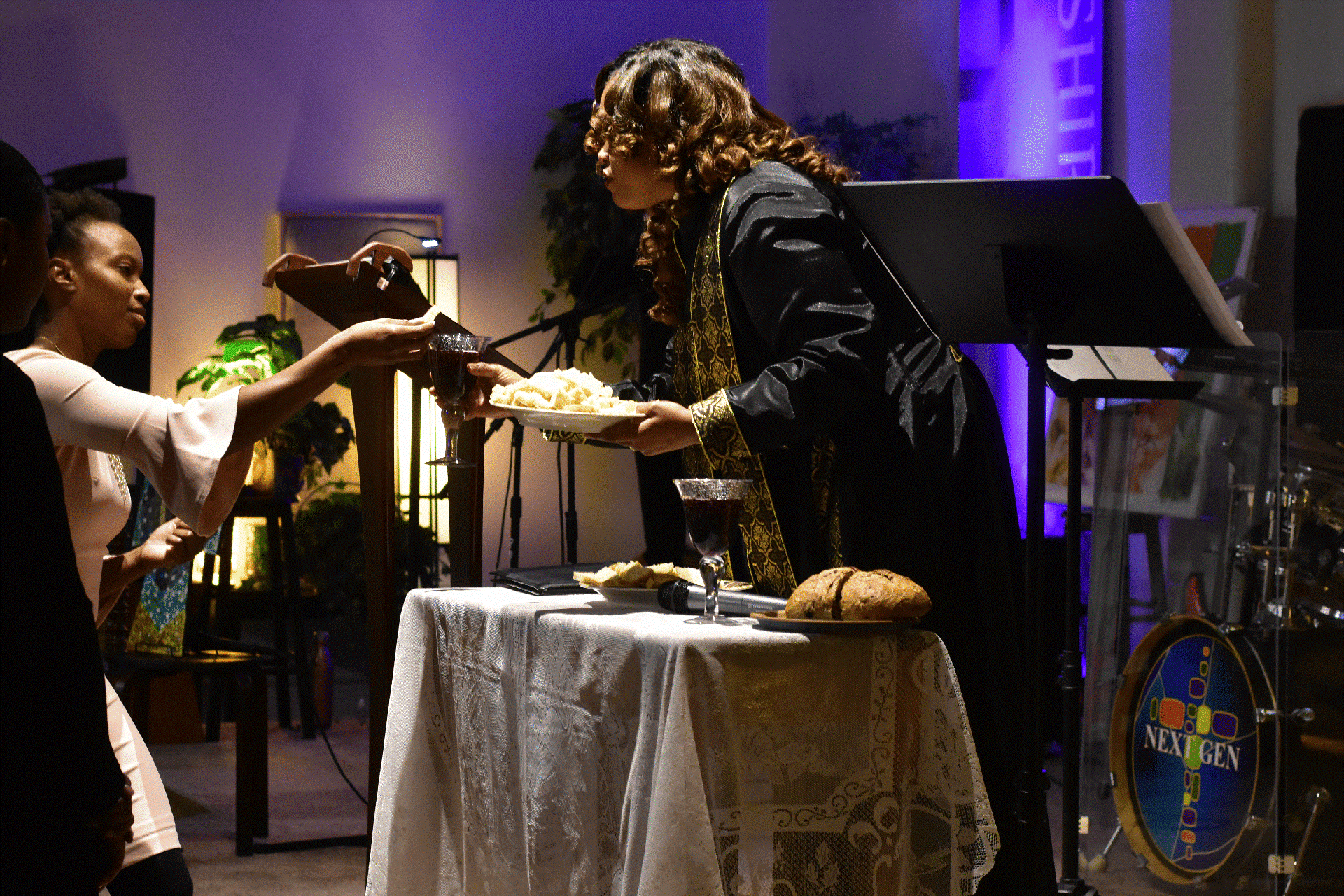
The acceptance of my call to pastoral ministry was not easy. My “yes” was cemented during a visit to my college bestie’s 3rd grade class in Richmond, California. A beautiful African-American girl named Jada approached me and asked what I did for a profession. Reluctantly, I told her that I was in school preparing to be a pastor. With a look of confusion and a voice of conviction, she said, “Pastor?! You mean first lady?! A woman cannot be a pastor.”
I quickly responded by saying that a woman could certainly be a pastor and that I was training to become one. This happened in 2015 when Hillary Clinton had just announced that she would be running for the Democratic Presidential nomination. So, I wondered: how could this be? A woman could run to be the President of the United States of America, but I could not be a pastor? While Jada’s comments are particular to the Black Church experience, her comment also points to what the Women of Color in Ministry ("WOCIM") Project describes as the “final frontiers of American prejudice—gender discrimination in Christian Church and in its attendant seminaries, divinity schools, and service organizations.”
Through Jada, I soon realized that being an ordained pastor was bigger than my personal call and desires. She revealed that honoring my call to the pastorate could enable other young women to envision themselves in ministry when their contexts relegated them to becoming, at best, the wives of pastors. This transformative encounter sparked a commitment to create spaces where women and girls can fully embrace and share their gifts and voices as they become God’s person, build God’s faith community, and serve God’s world.
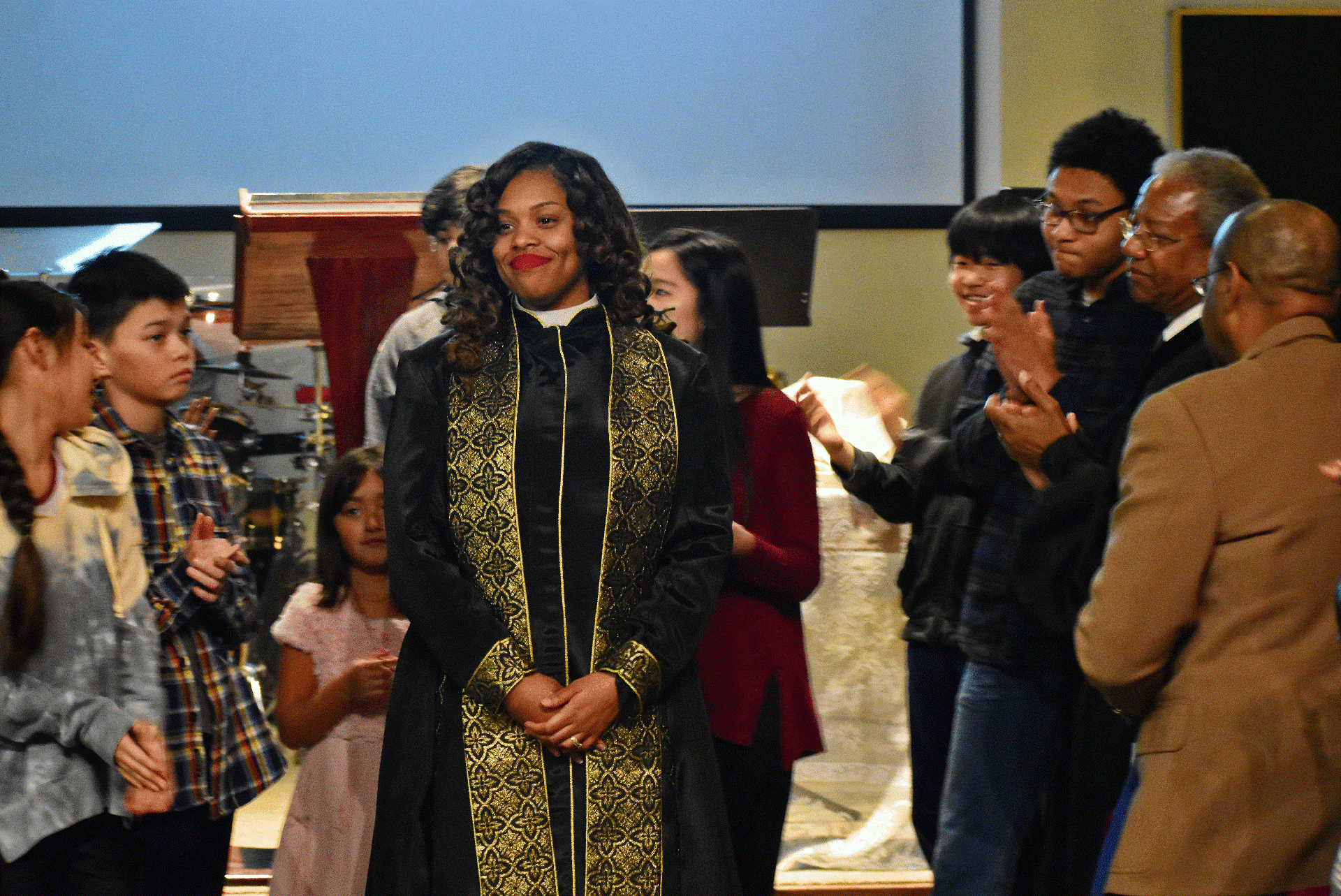
I am deeply disheartened by the Southern Baptist Convention's recent decision to narrowly reject the ban on congregations with women pastors. Although the amendment did not pass, the official doctrinal statement that limits the office of pastor to men remains in place. This decision not only affects women called to pastoral ministry but also has broader implications for the empowerment and education of women lay leaders within churches.
Above all, I am saddened for the girls being raised in the Southern Baptist Convention. They are being raised in an environment where they are taught that they can finance a ministry, give of their gifts and talents but due to their gender identity, they can never occupy the office of the pastor. No matter how anointed, they can never occupy this position that has meant so much to me. I am grateful for my denomination, American Baptist Churches USA and its support of women in ministry. In fact, today we will install the first woman and African American, The Rev. Dr. Gina Jacobs-Strain to the office of the General Secretary, the highest role in our denomination. This landmark achievement underscores the potential and the importance of inclusive leadership within the church.
While women in my denomination occupy the office of pastor, there is little to no protection from the harm that many churches cause. I was not a stranger to this harm. A remark that I will never forget, “We chose you because you were the best for the job, but I wish you were a man because you would be more successful.”
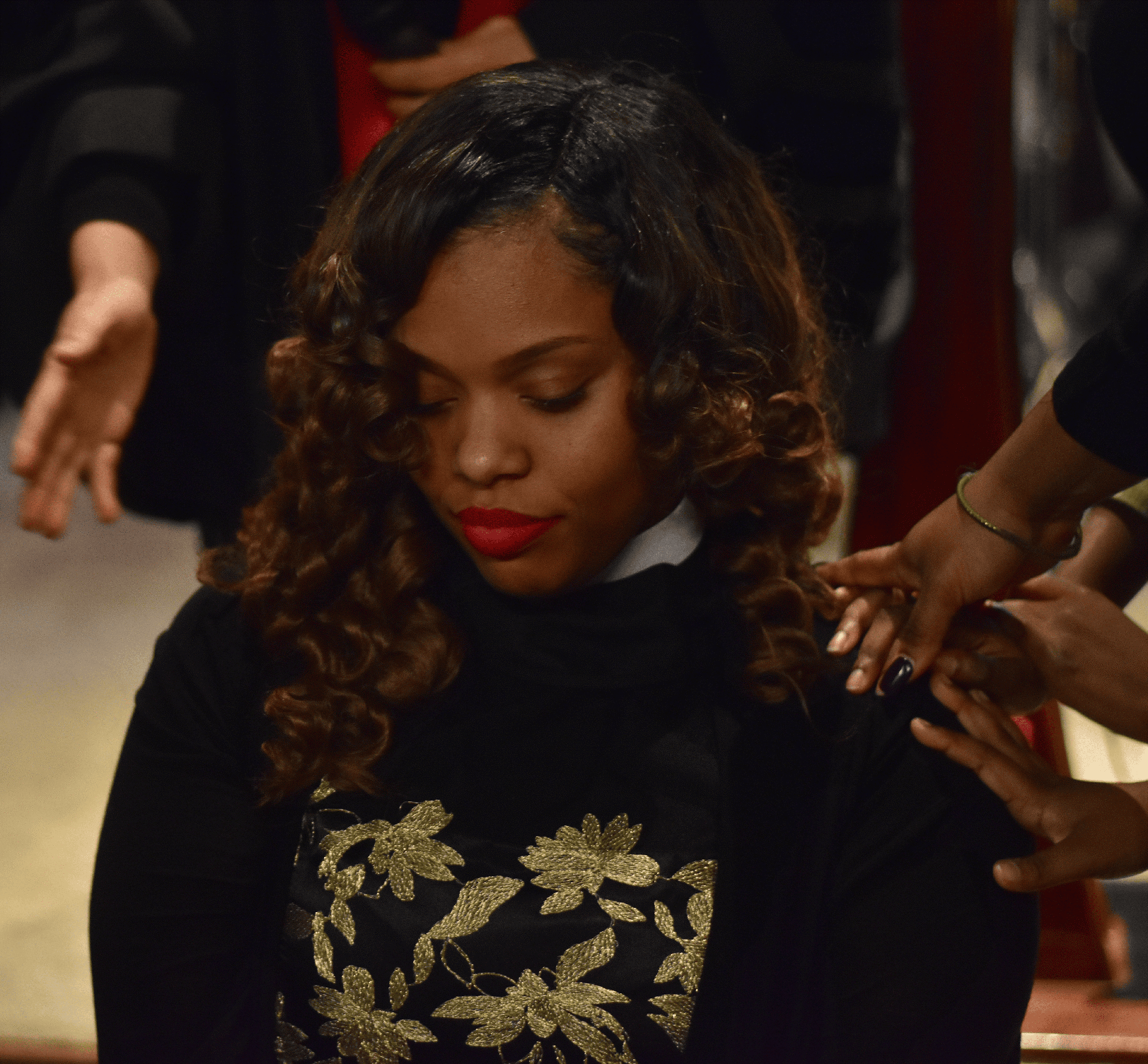
My story is not unique. Countless women across our denomination have felt and continue to feel this divine call to ministry. These women possess the gifts, talents, and spiritual depth necessary to lead congregations and provide pastoral care. However, they are often met with resistance, not from the broader secular society, but from within our own faith communities.
It is essential to recognize that the issue extends beyond the pastoral office. Many lay leaders in our congregations, often women themselves, uphold and enforce this bias against women in ministry. These lay leaders are crucial to the life of our churches, and their support or opposition can significantly impact the direction of our congregations. Therefore, it is imperative to not only support clergy women but to also empower and educate women lay leaders.
I am grateful to have found a ministry place that empowers both lay and clergy women. Since its inception in 1951, American Baptist Women's Ministries (ABWM) has been a beacon of hope and support for women and girls across the United States, including Puerto Rico. Our mission, to unite American Baptist women and girls in their devotion to Jesus Christ, serves as the guiding principle behind every initiative we undertake. From domestic violence prevention training to educational scholarships, from S.T.E.A.M. programs for girls to disaster relief efforts, the impact of ABWM is both tangible and transformative.
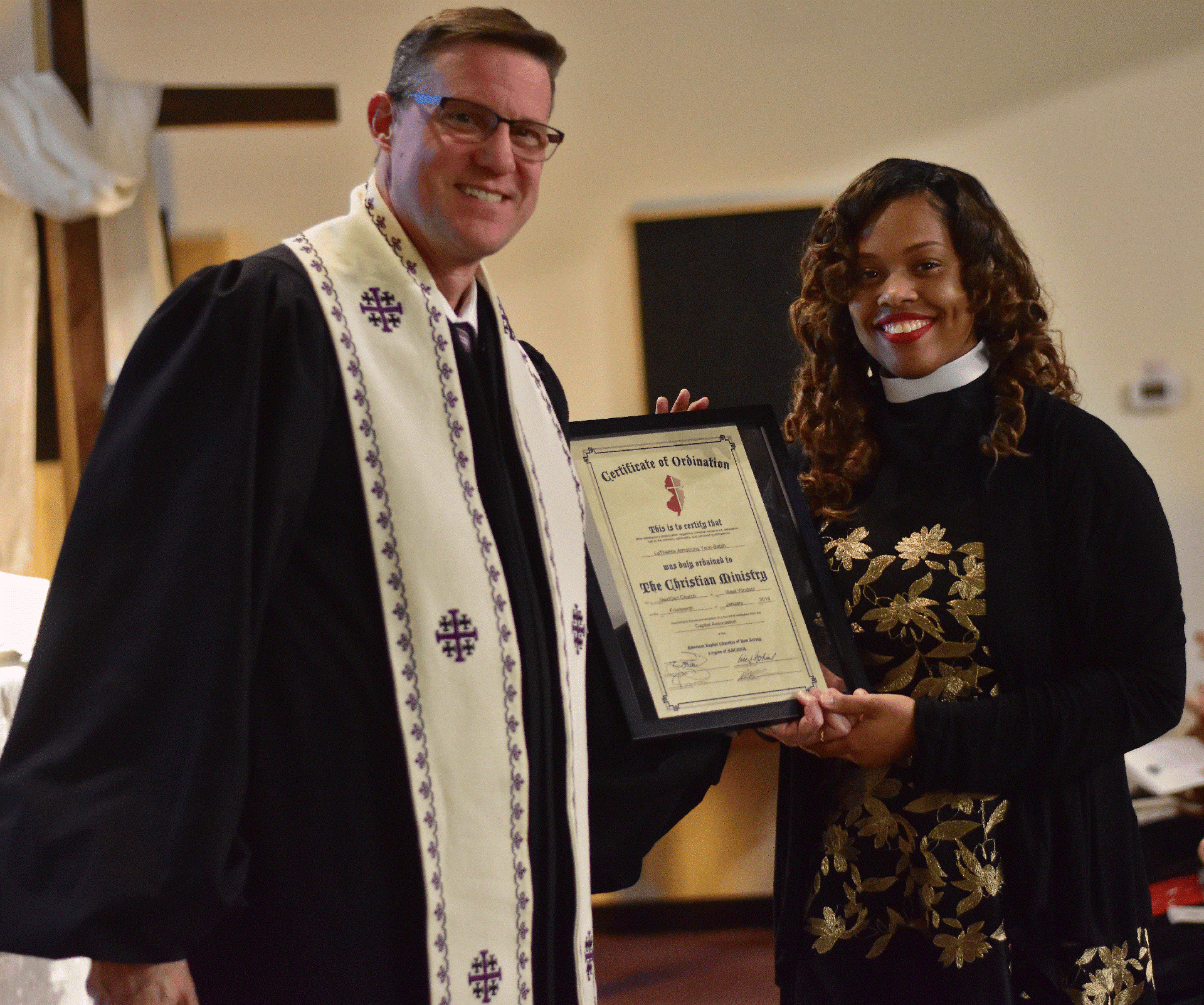
In a recent article for the Christian Citizen, our National President, the Rev. Dr. Christine Smith, eloquently underscored the indispensable role of American Baptist Women's Ministries in advancing the cause of equity and inclusion for lay and clergy women alike. She writes that “as we continue to strive for progress, it is imperative that we uphold the vitality of this vital women’s organization.” [Read the article
HERE]
Let us be inspired by the legacy of faith and empowerment that has brought us together. Let us renew our commitment to empowering women and girls, to fostering intergenerational faith, and to creating spaces of grace where all are welcomed and affirmed. It is time for all of us—pastors, lay leaders, and congregants—to actively challenge and dismantle the systemic biases within our churches.
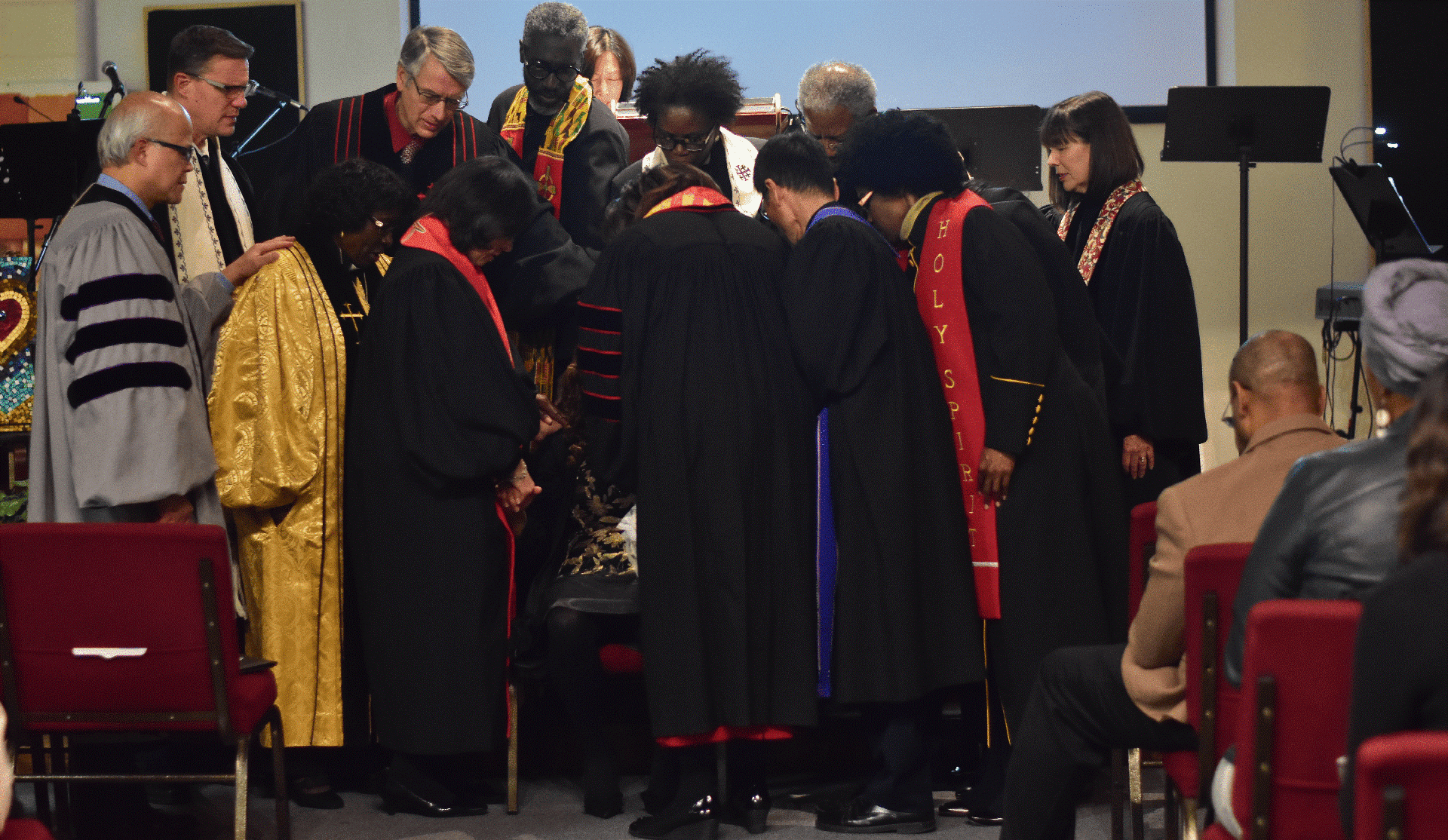 I call on each member of our faith community to:
I call on each member of our faith community to:
-
Advocate for Equality: Speak up for the inclusion of women in all levels of church leadership. Pray that other denominations recognize the sin of exclusion, repent, and change their practices to be more inclusive.
-
Educate Ourselves and Others: Engage in theological education that highlights the biblical foundations for gender equality.
-
Support Women in Ministry: Mentor and provide platforms for women who feel called to serve as pastors and leaders.
-
Foster Inclusive Communities: Create church environments that celebrate and utilize the gifts of all members, regardless of gender.
-
Financially Support ABWM: Invest in the work of advocacy and empowerment. Organizations that center women and girls are often the least funded. Your financial support can ensure that initiatives aimed at equity and inclusion continue to thrive and expand. Learn more about becoming a vital partner of ABWM here: www.abwomensministries.org/VitalPartners
Together, let us build a church that truly reflects the inclusive love and justice of Christ, empowering every individual to fulfill their God-given calling.
Rev. LaThelma Yenn-Batah
Interim Executive Director